Parliamentary Panel Confirms Health Care Crisis in India


Anjali Ganga
Published on Mar 15, 2025, 06:40 PM | 5 min read
Thiruvananthapuram: On March 12, 2025, the Parliamentary Standing Committee on Health and Family Welfare, chaired by Prof. Ram Gopal Yadav, presented its 163rd, 164th, and 165th reports before both Houses of Parliament. These reports scrutinise the budgetary allocations for the Department of Health and Family Welfare, the Department of Health Research, and the Ministry of AYUSH for the fiscal year 2025-26. The overarching themes of the reports emphasise the necessity of enhanced budgetary allocations, urgent recruitment of vacant positions, increased funding for research, and the establishment of robust infrastructure.
A primary concern raised by the Committee is the prolonged delay in filling vacancies across various health departments, particularly within CGHS dispensaries. Alarmingly, 2,023 positions (28.81 percentage of the sanctioned strength) in Allopathic Dispensaries and 111 positions (26.12 percentage) in AYUSH Dispensaries remain unfilled. This staffing shortfall adversely impacts the doctor -to -patient ratio, exacerbates patient waiting times, and deteriorates the quality of healthcare services. Furthermore, the Committee underscores the over- reliance on contract-based scientists, whose abrupt departures disrupt the continuity of research and healthcare services. The Committee strongly advocates for eliminating contractual appointments in key health sector roles and proposes attracting eminent scholars from abroad to bridge the talent gap.
Declining Budgetary Allocations for Health and Research
The Committee expresses grave concern over the declining trend in healthcare funding as a proportion of GDP. For 2025-26, a sum of 95,957.87 crore has been allocated to the Department of Health and Family Welfare, representing merely 1.89% of the total Union Budget and 0.27 percentage of GDP. Historical trends indicate that actual expenditure often falls short of the allocated budget, sustaining the stagnation at 0.27% of GDP over the past three years. Despite a 10.83% increase in the Budget Estimate (BE) for 2025--26 compared to the Revised Estimate (RE) for 2024-25 , the Committee warns that the incremental rise is insufficient given the increasing healthcare demands and population growth. The Committee recommends a significant boost in investment to elevate India’s healthcare standards to global levels.

Brain Drain and Retention of Medical Talent
Committee observes that over the last five years, there has been no major change in the quantum of budgetary allocation for health research, which is still only 0.02 percentage of the GDP. The Committee acknowledges the persistent issue of brain drain, wherein India’s highly trained medical professionals and researchers migrate to developed nations in search of better opportunities. The primary drivers of this exodus include limited higher education avenues, inadequate research funding, subpar remuneration, and restricted career progression. The Committee strongly advocates for systemic reforms to retain talent, such as competitive pay scales, expanded research grants, and improved professional development opportunities.
ASHA Workers: Inadequate Compensation for Critical Contributions
Recognising the pivotal role of Accredited Social Health Activists (ASHA) in implementing government health schemes at the grassroots level, the Committee criticises their meagre remuneration of 5,000–9,000 per month. This amount is insufficient to meet even the basic needs of a single individual. The Committee calls for a substantial increase in ASHA workers’ honorarium, ensuring fair compensation commensurate with their contributions to public health.
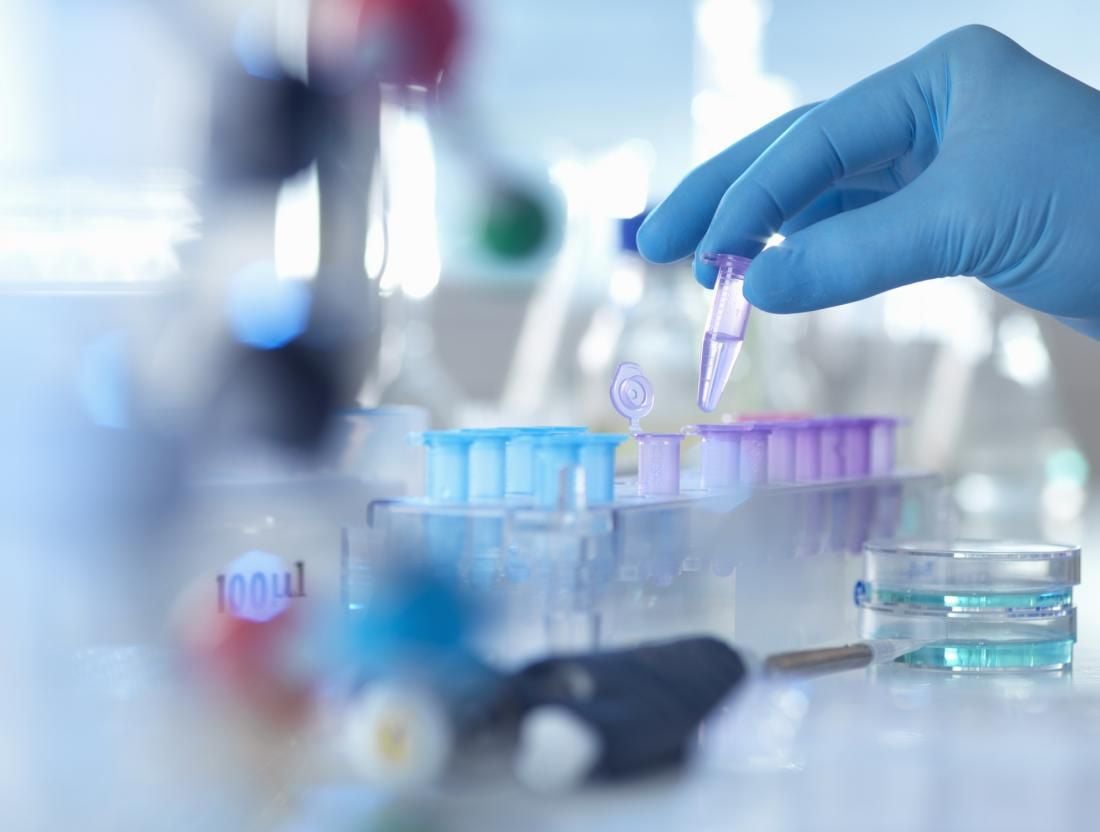
Ethical Considerations in Clinical Trials and Health Research Funding
The Committee stresses the importance of informed consent in clinical trials, particularly regarding data usage and sharing. It urges the government to allocate at least 0.1 percentage of GDP to health research over the next five years and to prioritise these allocations prominently in financial documents. A significant point of contention is the proposed public -private partnerships (PPPs) in healthcare research, which, if unregulated, could lead to private entities monopolising critical medical breakthroughs. The Committee warns against allowing private corporations undue control over public health research data, advocating for government oversight to maintain equitable access.
Deficiencies in AYUSH Infrastructure and Regulatory Mechanisms
The report highlights severe deficiencies within the Ayurveda, Siddha, Unani, and Homeopathy (ASU&H) sectors, including an acute shortage of trained personnel and inadequate infrastructure. With over 2,600 vacancies across academic, research, paramedical, and technical positions , the effectiveness of AYUSH remains severely compromised. Additionally, the North-Eastern states suffer from an alarming scarcity of AYUSH centers, indicating regional disparities in healthcare investment. The Committee urges the government to bridge this gap through increased funding and targeted policy interventions.
A related concern is the weak financial monitoring of AYUSH programs, leading to underutilization of allocated funds. Moreover, the proliferation of misleading advertisements for AYUSH medicines remains unregulated, necessitating a robust legal framework to curb malpractice. While the Committee calls for consolidating AYUSH drug regulatory processes, it fails to propose concrete mechanisms for quality assurance.
Ensuring Affordable Healthcare and Strengthening Public Health Programs
Despite numerous governmental efforts to make healthcare affordable, the financial burden of treatment for life-threatening diseases remains exorbitant. The Committee recommends reducing the cost of critical treatments, such as cancer therapy and implants for heart, spine, and brain disorders, to shield the middle and lower-income sections from catastrophic health expenditures. The Committee also underscores the need to popularise schemes which benefit the poor in this current economic condition. Medico -Technical Institutes to enhance the accessibility of affordable medicines and implants.
The Committee’s reports paint a stark picture of budgetary constraints, staffing shortages, research neglect, and regulatory deficiencies within India’s healthcare system. While the recommendations offer a road map for improvement, their efficacy hinges on strong political will, timely implementation, and adequate funding. The government must ensure that budgetary allocations align with healthcare demands, vacancies are swiftly filled, research is adequately funded, and public -private partnerships are regulated to prevent exploitation. If left unaddressed, these systemic issues will continue to impede India’s progress towards achieving a robust and inclusive healthcare system.



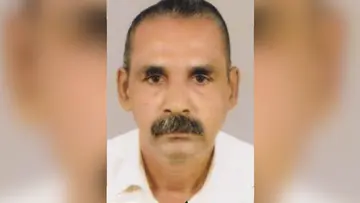
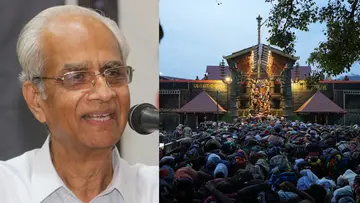
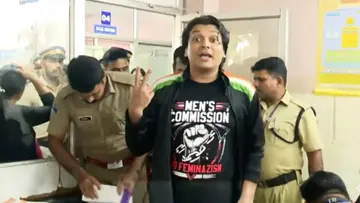
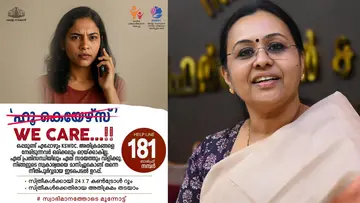
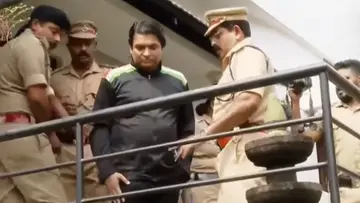


0 comments